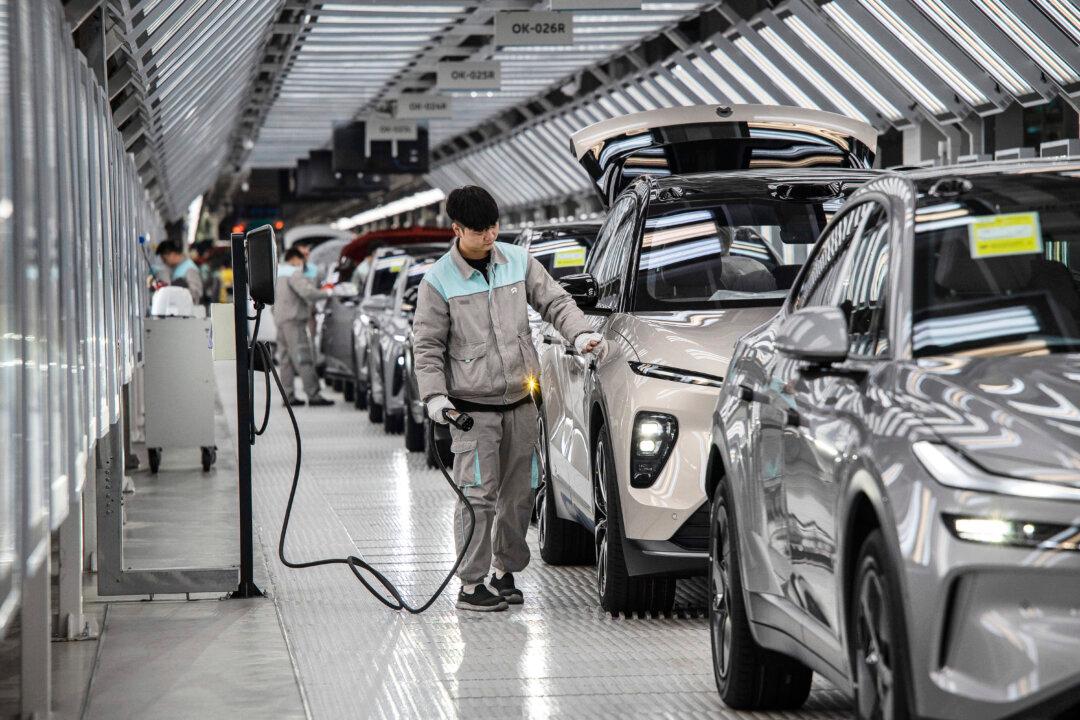WASHINGTON—As President Donald Trump reshapes the United States’ posture on trade, other global players may be opening up new frontiers with each other.
The German newspaper Handelsblatt reports that European Union tariffs on China’s electric vehicles could soon be eliminated as an outcome of new negotiations between the two.





